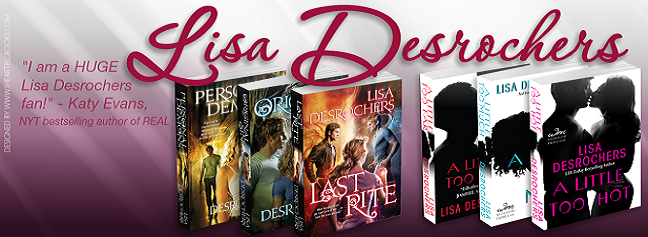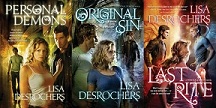There’s an interesting discussion over on
agent Nathan’s blog today about writers sometimes being oversensitive to criticism. That post got me thinking about my own journey through the publishing jungle and how I’ve handled it. (And will continue to handle it as we start submitting to editors.)
It’s really hard for most people to take criticism objectively. Especially if it seems mean-spirited. I’ve learned through my other careers that you can’t make all the people happy all the time. But one experience—or really, series of experiences—taught me a valuable lesson in rolling with the punches and coming out a better fighter.
One of my three jobs is teaching medical seminars. I work for and institute in Florida and am sent all over the world to lecture. Similar to writing, there are a multitude (thousands) of people who would love to teach for this institute and only 20 of us do, so they’ve devised a sure-fire way to be sure they get only the crème de la crème, so to speak. Once you’re invited to teach for them, they have a system I liken to hazing to decide who actually makes it to the front of the classroom. “Apprentice” instructors are required to lecture bits and pieces of the material over a series of classes that are being taught by certified instructors. Then, not only does the instructor need to think the apprentice did a bang-up job with her little piece, but the students need to rate her nearly perfect on their class evaluations at the end of the four day seminar, or she’s out. And, let me tell you, if they didn’t like something you said, did, wore, the way you don't pronounce the
t in often (seriously!)—they let you know it on that eval. And not always in a healthy, constructive manner. It’s enough to make many “apprentices” run home with their tail between their legs. Those of us who make it devise a system of processing the feedback so it doesn’t cut quite so deep.
Here’s mine:
When I receive criticism, no matter how nasty, first, I thank them (Internally--I don't chase them down. That would be creepy.) for taking the time and making the effort to give me the feedback in the first place. Then, second, I really work to find something I can take away from it to make me a better ____. (fill in the blank: person, writer, doctor) This attitude has saved me thousands of dollars in therapy bills.
You wouldn’t be human if negative feedback didn’t sting a little. Even with years of practice, I still get that initial gut clench and feel that defensive backlash when someone says something negative about my work. Because, of course, it’s going to hurt when someone doesn’t love what we’ve invested so much of ourselves in. But, in the end, when I find the positive message I can take away from that criticism, I’m always happy for it.
What are your strategies to keep your chin up through all the rejection we writers face?







